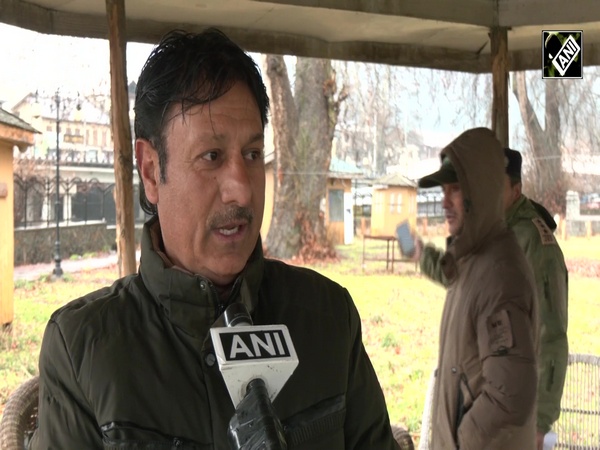To mark 100 years of discovery of Indus Valley, Tamil Nadu to install life-size statue of John Marshall
Sep 20, 2024

New Delhi [India], September 20 : Marking 100 years of the announcement of the discovery of the Indus Valley Civilisation, Tamil Nadu Chief Minister MK Stalin on Friday said that the government of Tamil Nadu had announced the installation of a life-size statue of John Marshall in Tamil Nadu.
Taking to platform X, Stalin wrote in a post "Exactly 100 years ago, on 20th September 1924, Sir #JohnMarshall announced the discovery of the #IndusValleyCivilisation, reshaping the history of the Indian subcontinent. I look back with gratitude and say, Thank you, John Marshall. By taking the right cognizance of the material culture of the #IVC, he linked it to the #DravidianStock. My government has already announced that the centenary of this historic discovery will be marked by an international conference and the installation of a life-size statue of Sir John Marshall in Tamil Nadu."
John Marshall was the Director-General of the Archaeological Survey of India from 1902 to 1928. He was said to be responsible for the excavation that led to the discovery of Harappa and Mohenjodaro, two main cities that comprise the Indus Valley Civilization. In 1913, he began the excavations at Taxila, which lasted for twenty years.
Meanwhile, Congress General Secretary Jairam Ramesh, on the 100 years of the discovery of Civilisation took to social media X and mentioned historian Nayanjot Lahiri's accounts of the discoveries of the subcontinent.
He further mentioned in his post that Lahiri's book 'How the Indian Civilization was discovered' is a fascinating read and propagates pure and unadulterated scholarship.
"Today, exactly 100 years ago, the Illustrated London News carried an account of the truly sensational discovery of an ancient civilisation in the subcontinent - of which the star attractions then were at Mohenjo Daro and Harappa, in what is now Pakistan. Over the decades, many new discoveries have been made after excavations at various sites in Rajasthan, Gujarat and Haryana. Lothal, Dholavira, Kalibangan, and Rakhigarhi have now become very well known. My good friend, the historian Nayanjot Lahiri, has written the best account of all these discoveries. She brings to light the phenomenal contributions of Indian archaeologists themselves, even as she acknowledges the stellar role of John Marshall and others. Her book is a fascinating read and what makes it stand out is that she has no political agenda: she propagates pure and unadulterated scholarship. It is a definitive and authoritative work that educates, enlightens, and entertains," he wrote in his post.


















